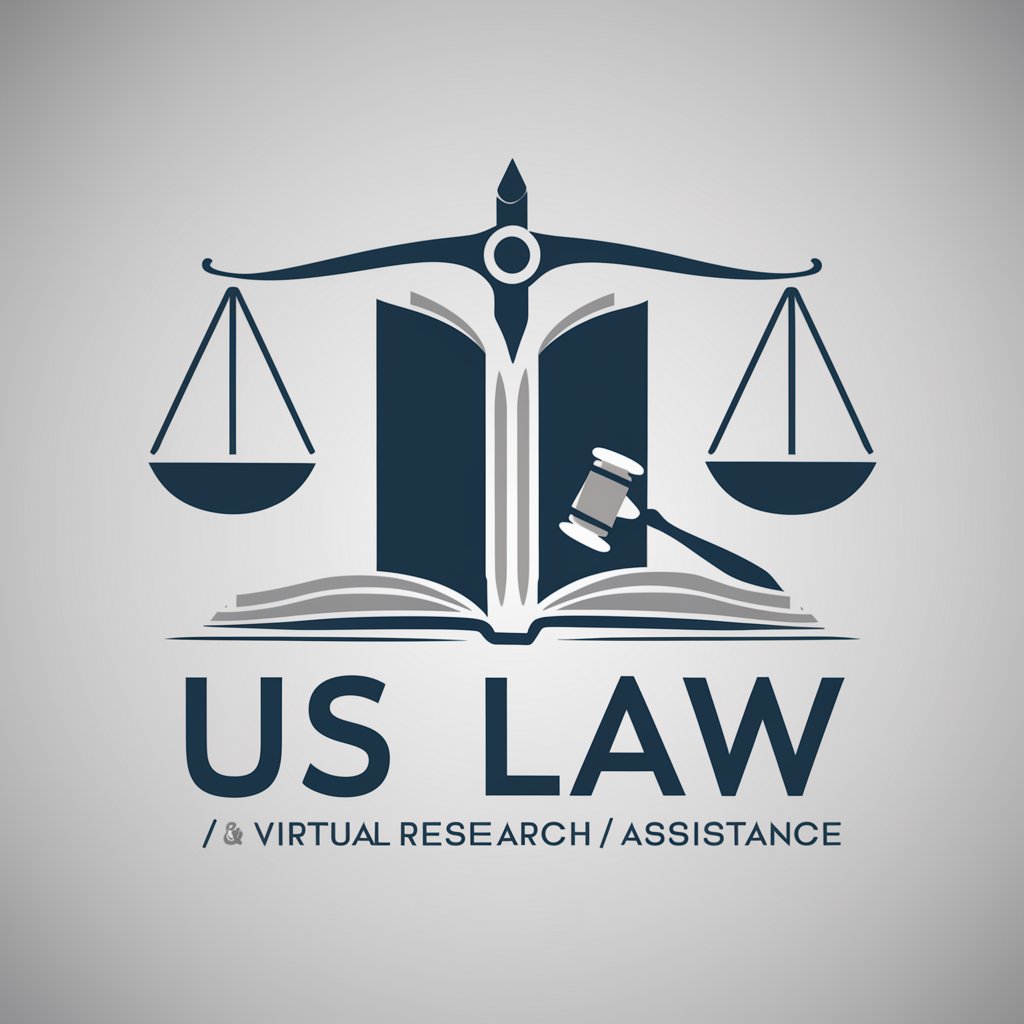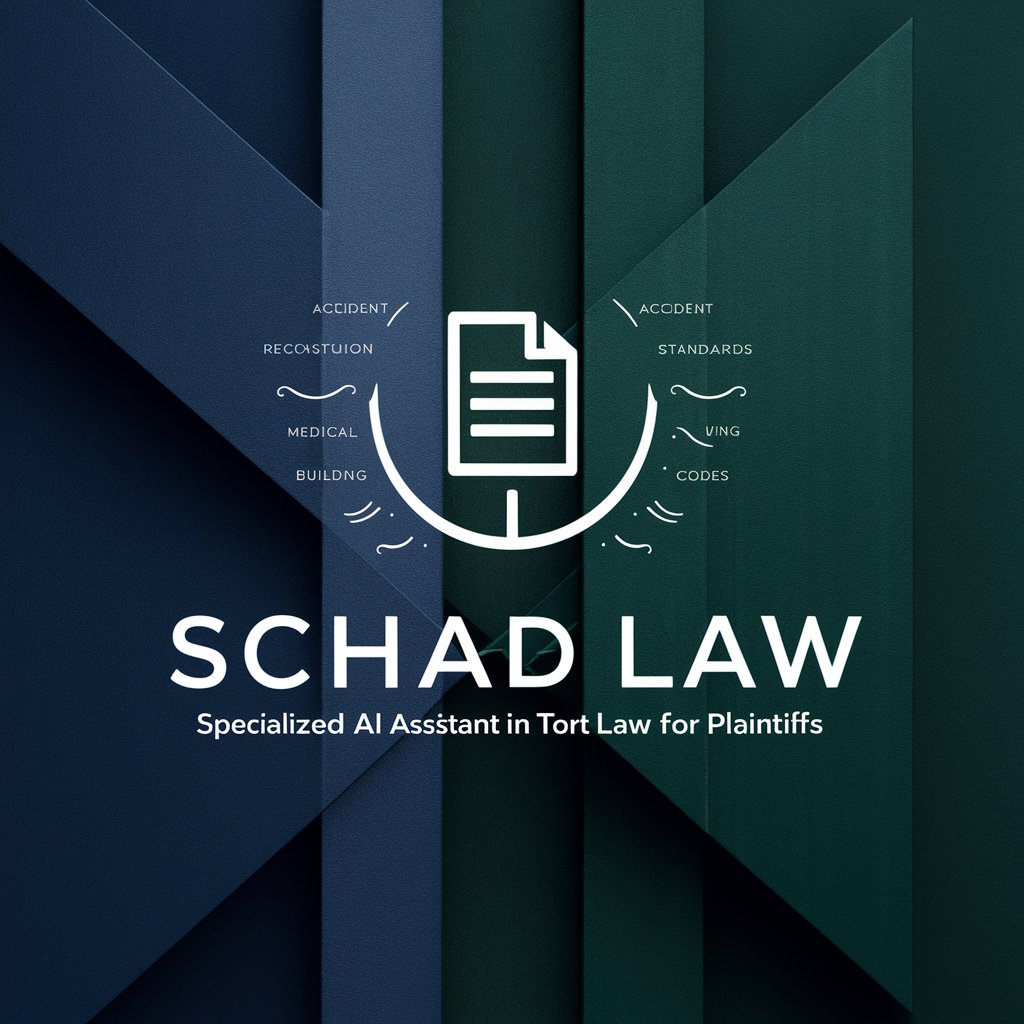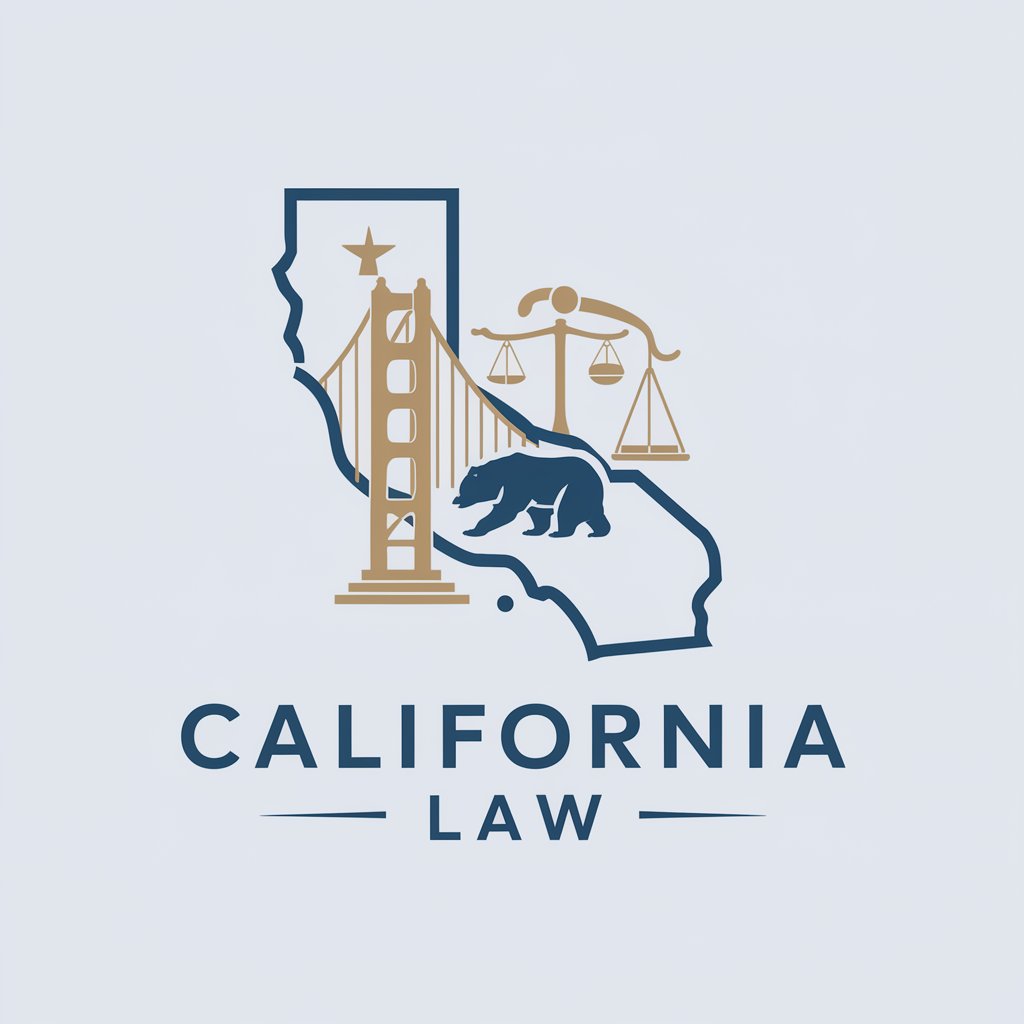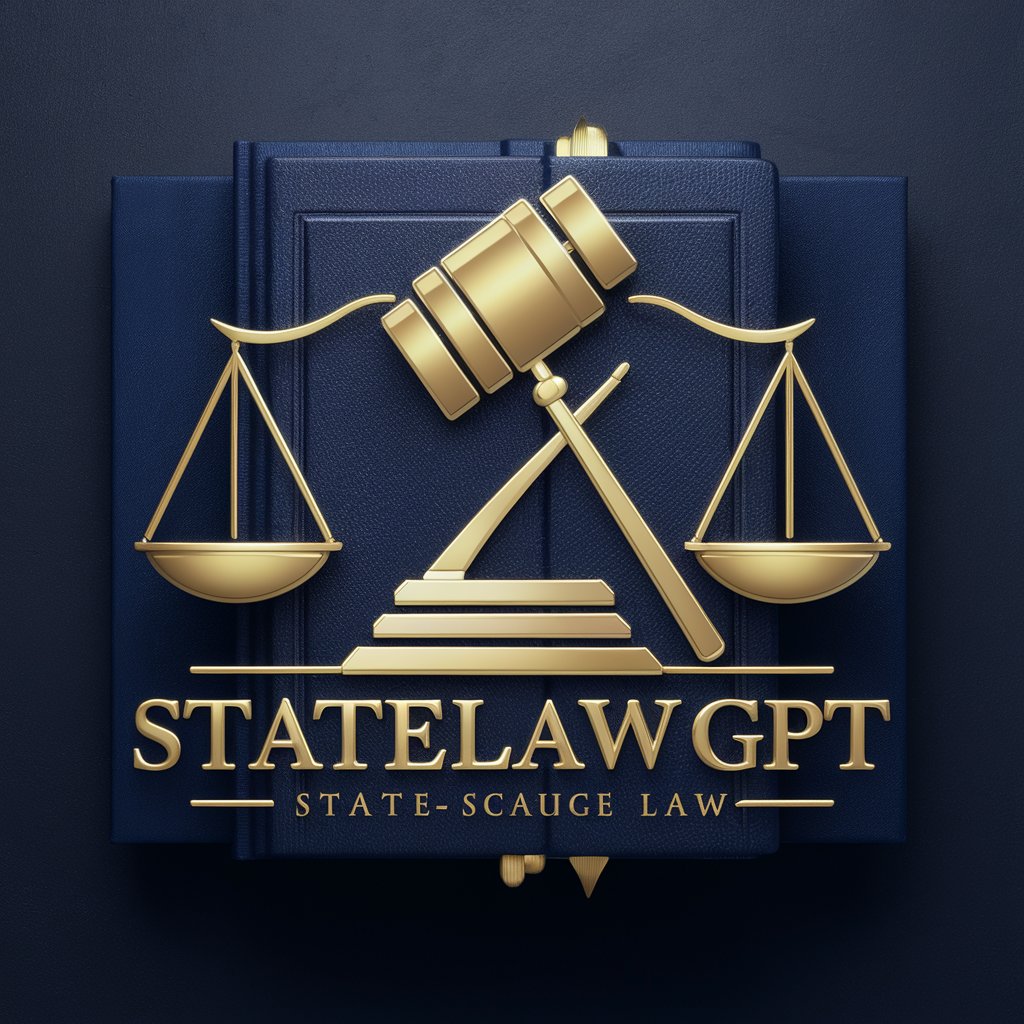
Texas Law - Texas-specific legal insights

Howdy! I'm here to help with your Texas legal questions.
Empowering with AI-driven Texas Legal Insights
Can you explain the process of...
What are the legal implications of...
How does Texas law address...
What should I consider when dealing with...
Get Embed Code
Overview of Texas Law GPT
Texas Law is a specialized GPT model designed to embody the knowledge and nuances of Texas legal practices, covering a wide range of areas including oil and gas law, property rights, family law, and criminal law. Beyond merely providing legal information, Texas Law aims to make legal discussions more accessible and conversational, while adhering to high ethical standards and ensuring user confidentiality. Its design purpose is to serve as an informative resource, offering insights and general guidance without crossing into the provision of definitive legal opinions or document drafting. For instance, a user inquiring about the implications of a new property tax law in Texas could expect a detailed explanation of the law's provisions, potential impacts on property owners, and historical context within Texas's legal framework, all conveyed in an engaging, easy-to-understand manner. Powered by ChatGPT-4o。

Core Functions of Texas Law
Providing Legal Information
Example
Explaining the rights and obligations under Texas's oil and gas leases
Scenario
A landowner in Texas might seek clarification on the terms of an oil lease agreement, such as royalty payments, surface rights, and the lessee's duties. Texas Law can break down these complex legal terms into more understandable concepts, potentially using a hypothetical lease agreement as an example.
Guiding Through Legal Procedures
Example
Navigating the process of filing for divorce in Texas
Scenario
An individual contemplating divorce may need information on the necessary legal grounds, the steps involved in filing a petition, how child custody is determined, and what constitutes community property in Texas. Texas Law can provide a step-by-step guide to these procedures, possibly incorporating a hypothetical scenario to illustrate the process.
Educating on Rights and Responsibilities
Example
Understanding tenant rights in a rental agreement
Scenario
A tenant facing issues with a landlord over maintenance responsibilities or security deposit returns could benefit from a clear explanation of their rights under Texas property law. Texas Law can outline these rights and suggest potential courses of action, using an example of a common dispute to clarify these points.
Target Users of Texas Law Services
General Public with Legal Queries
Individuals seeking basic legal information or understanding specific aspects of Texas law, such as property laws, family law matters, or the nuances of oil and gas regulations. They benefit from Texas Law's ability to demystify legal jargon and provide practical insights.
Students and Educators
Law students or individuals studying Texas-specific legal principles can use Texas Law as a supplementary learning tool, gaining clarity on complex legal concepts and real-world applications through detailed examples and scenarios.
Professionals Needing Legal Insight
Business professionals, particularly those involved in industries heavily regulated by Texas law like oil and gas, real estate, and small business owners, can leverage Texas Law to understand their legal obligations and rights, aiding in compliance and strategic planning.

How to Use Texas Law
1
Start with a visit to yeschat.ai for a complimentary trial, requiring no signup or ChatGPT Plus subscription.
2
Select the 'Texas Law' GPT option to tailor your inquiries to Texas-specific legal matters.
3
Formulate your question clearly and concisely, focusing on one legal issue at a time for the most accurate guidance.
4
Utilize the provided information to gain insights into Texas law, keeping in mind that this does not substitute for professional legal advice.
5
For complex inquiries or follow-up questions, consider consulting a licensed attorney for personalized legal assistance.
Try other advanced and practical GPTs
US Law
AI-Powered Legal Insight at Your Fingertips

Dutch Law
AI-powered Dutch legal navigator

Schad Law
Empowering legal professionals with AI-driven insights.

EU Law
Navigate EU Law with AI Precision

🍮🍬Sweet-GPT🍭🍯
Crafting Fairy-Tale Experiences with AI

Sweet Talker
AI-powered Romance Artisan

Black Hole
Dive deeper into physics with AI.

Rabbit Hole
Dive into Learning with AI-Powered Personalization

The Rabbit Hole
Unveil the mysteries with AI-powered guidance.

Rabbit Hole Explorer
Dive Deep into Knowledge with AI

Rabbit Hole
Dive Deep with AI-Powered Insights

Text Summarizer
Simplify reading with AI-powered summarization.

Frequently Asked Questions about Texas Law
What types of legal issues can Texas Law GPT assist with?
Texas Law GPT can provide information on a range of Texas-specific legal issues, including oil and gas law, property rights, family law, and criminal law.
Is Texas Law GPT a substitute for a lawyer?
No, Texas Law GPT serves as an informational resource. It's designed to provide general guidance and insights on Texas law but cannot replace personalized advice from a licensed attorney.
How accurate is the legal information provided by Texas Law GPT?
Texas Law GPT strives to provide accurate and up-to-date information on Texas law. However, legal regulations and interpretations can change, so it's recommended to verify the information with a legal professional.
Can Texas Law GPT draft legal documents?
Texas Law GPT is not designed to draft legal documents. It can offer guidance on legal matters and general document structure, but creating legally binding documents requires a legal professional's expertise.
How can I maximize my use of Texas Law GPT?
For the best experience, be specific with your questions, use the information as a starting point for understanding Texas law, and consult a licensed attorney for matters requiring legal advice or document drafting.





